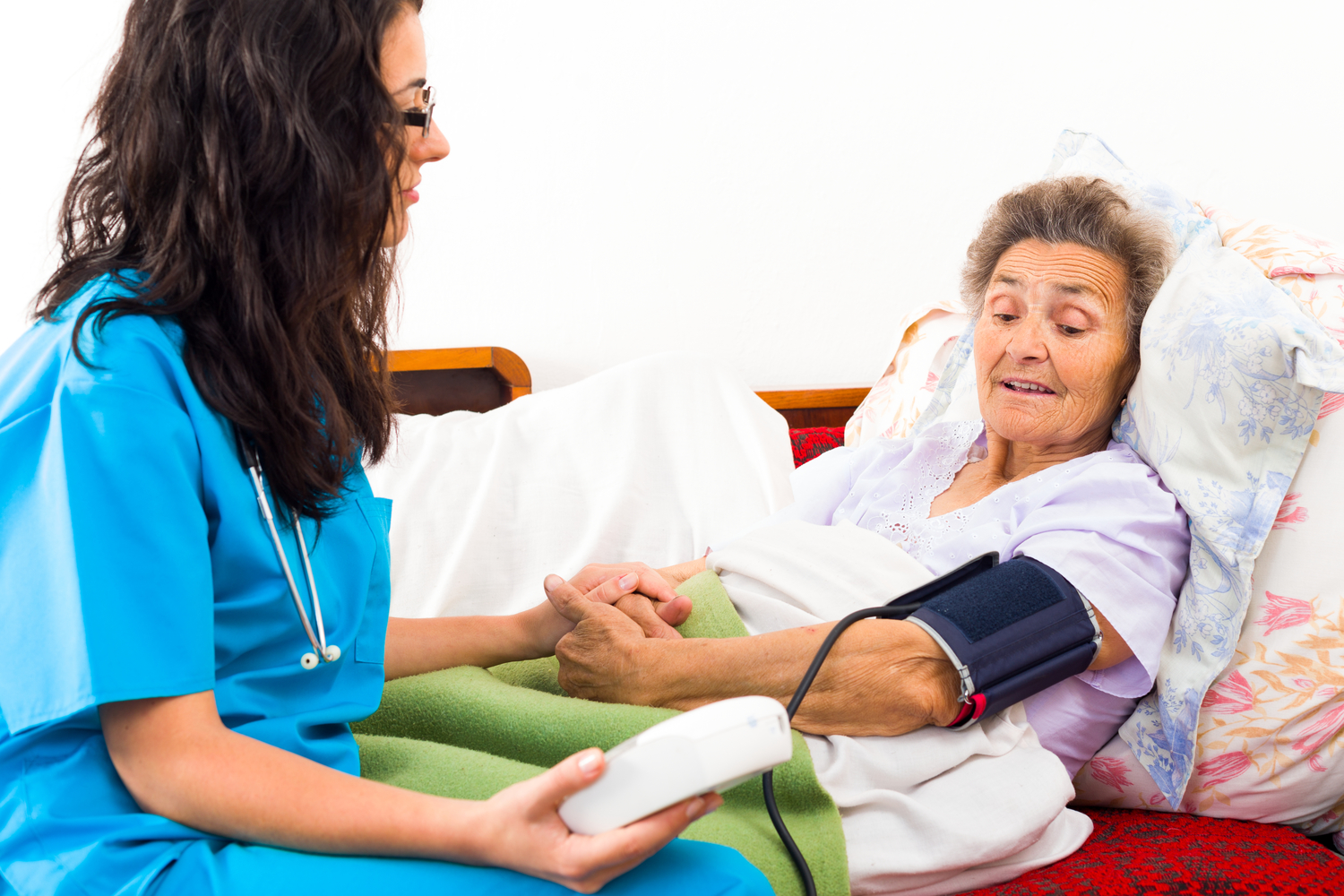
6 Early Symptoms of Parkinson’s Disease
And Possible Treatment Options
Parkinson’s disease is a progressive nervous system disorder that affects the nerves and movement. Symptoms of Parkinon’s disease often begin slowly with slight stiffness, mobility issues, and a barely noticeable tremor—with symptoms worsening over time and as the disease progresses. Although Parkinson’s disease isn’t curable, medications like Austedo and Levodopa can be prescribed by doctors to significantly improve the symptoms. Health care providers also often recommend physical therapy to help improve stiffness and mobility issues. Read on for the common early symptoms of Parkinson’s disease:
1. Stiffness, inflexibility, and cramping
Early signs of Parkinson’s may include muscle stiffness, inflexibility, and cramps. This trio of symptoms is often referred to as rigidity. This can make certain tasks—like tying shoes, getting dressed, and writing more difficult. Rigidity can prevent muscles from stretching and relaxing, which can particularly affect getting up from a seated position or turning over in bed. This reduced movement in patients is characterized as bradykinesia. It may also affect automatic movements—including blinking, smiling or swinging the arms when walking.
2. Problems with your bladder or bowels
Parkinson’s patients often report bladder or bowel troubles in the early stages. Signs of an overactive bladder, such as increased urgency to use the toilet and without warning, or waking to urinate frequently throughout the night, are the most common bladder symptoms of people with Parkinson’s.
3. Tremors and uncontrollable movement
Tremor is an uncontrollable movement that affects a part of the body. A Parkinson’s tremor in the early stages typically starts in one hand before affecting the entire arm. Parkinson’s tremors typically affect only one side of the body. While there is no cure for these tremors—physical therapy may help with support from a Parkinson’s specialist.
4. Sleep issues
Restless sleep is common in Parkinson’s patients for a variety of reasons. People with Parkinson’s are more likely to experience urinary urgency, which may wake them several times a night. Insomnia is also common due to tremors, cramping, stiffness, pain, and restless leg syndrome. If sleep is affected, patients may also experience fatigue and irritability during the day.
5. Loss of sense of smell
A lesser known early Parkinson’s symptom is decreased sense of smell. Patients may notice that their sense of smell is reduced or suddenly disappears. Loss of smell can sometimes start years before other symptoms develop, and may also contribute to reduced appetite.
6. Speech issues
Talkative people will often experience changes in speech in the early stages of Parkinson’s disease. This may include changes in tone, as speech becomes more monotone, or slurred, quick, or mumble or trail off at the end of a sentence. This is attributed to Parkinson’s motor symptoms that progress over time.


